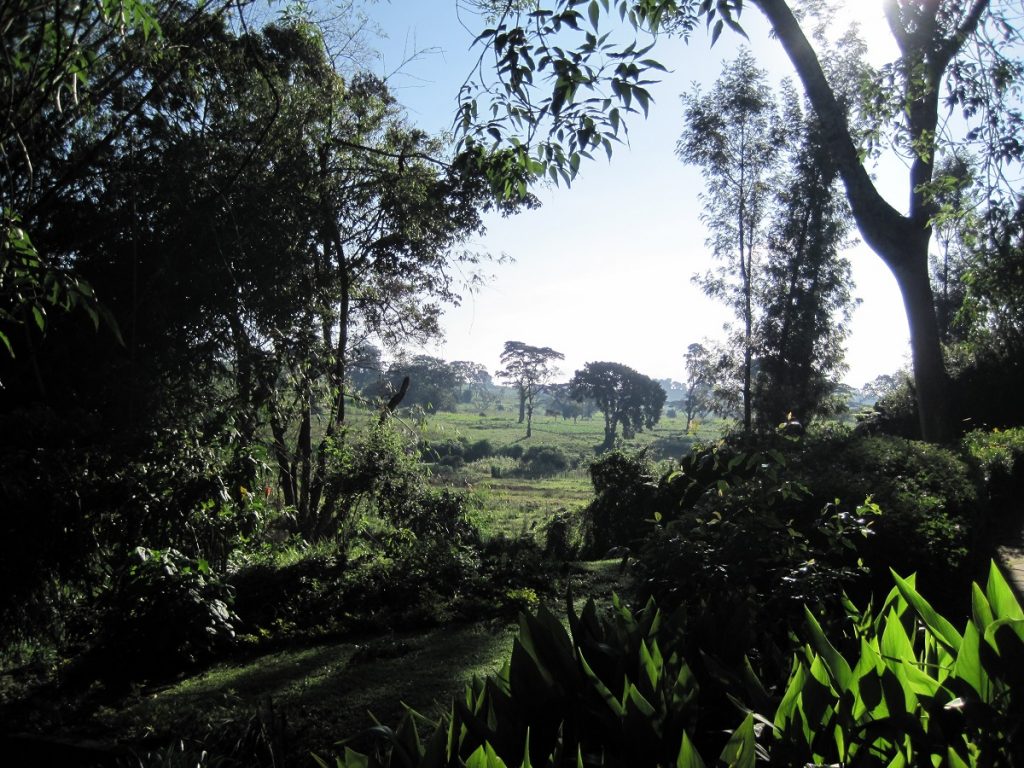With the eyes of the world on COP26 in Glasgow, researchers have called for a new approach to plant breeding to address global challenges such as climate change.
Writing in the scientific journal Trends in Plant Science, scientists from Scotland’s Rural College (SRUC), and the Center for International Forestry Research and World Agroforestry (CIFOR-ICRAF), argue that trees can be bred to give them broad maximum value, while also addressing environmental challenges.
They looked at different plant breeding methods related to four sets of values – ensuring participation, protecting the environment, making use of modern technology, and supporting the market – and how progress can be made through breeding for multiple values to address both global livelihood needs and environment concerns.
Co-author Ian Dawson, reader at SRUC and a fellow at CIFOR-ICRAF, said while their paper focuses on trees, the ‘systems approach’ was relevant for plant breeding more widely.
“We explore how we can go about plant breeding better to address the multiple global production, consumption and environmental challenges that create the ‘wicked’ or hard to solve problems that we as humans in the 21st century face,” he said.
“As our ‘case study’ we consider trees as our group of plants, because they are essential for addressing many of the human wellbeing and environmental challenges we currently face, and because they are very diverse in their features and uses.
“This diversity is a good starting point for developing the ‘systems approach’ in plant breeding that is needed for addressing wicked problems, including the needs to mitigate and adapt to climate change.”
For more information, visit: doi.org/10.1016/j.tplants.2021.09.009





